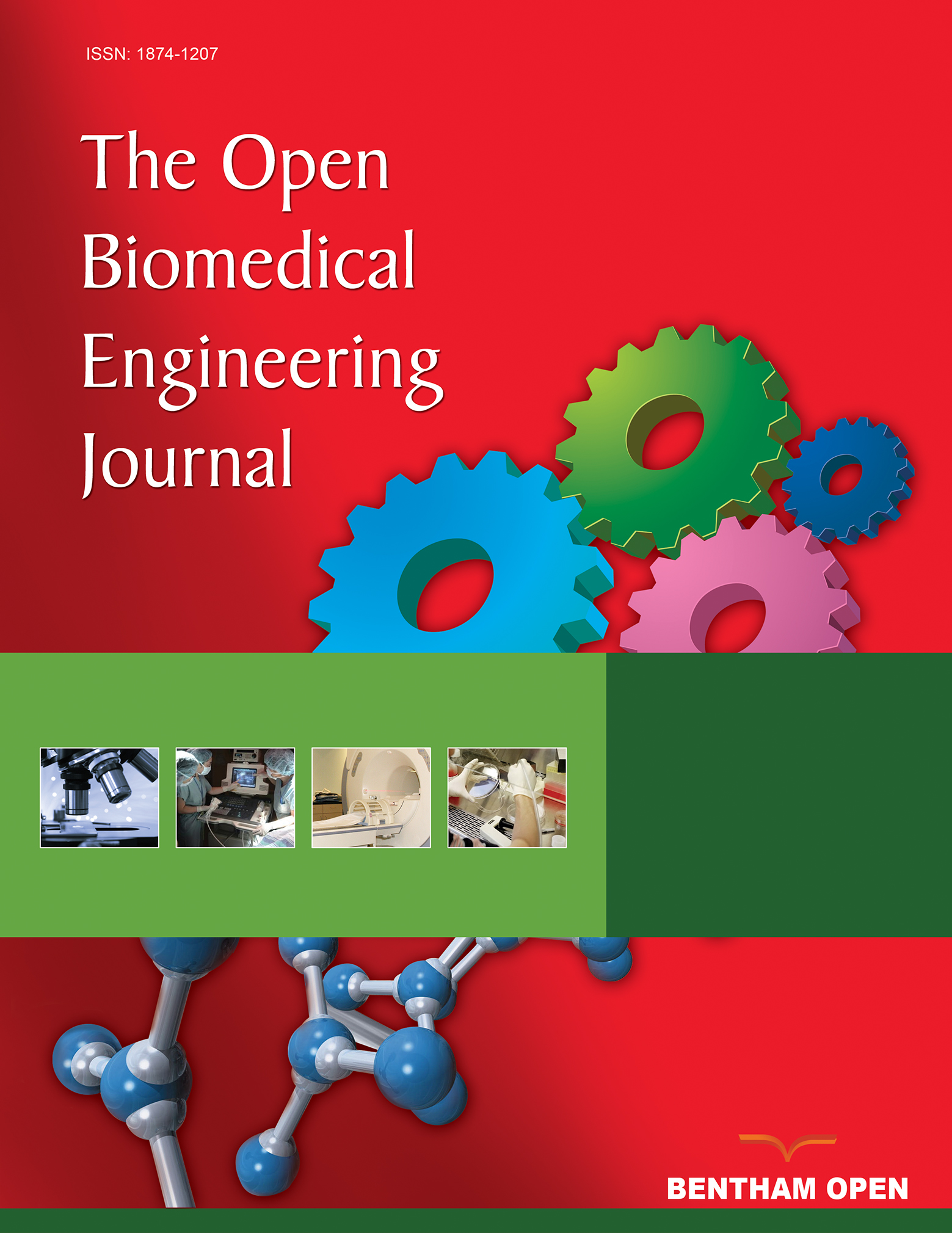All published articles of this journal are available on ScienceDirect.
A Study of Machine Learning Algorithms Performance Analysis in Disease Classification
Abstract
Background
Because there are no symptoms, it might be difficult to detect CKD in its early stages. One of the main causes of CKD is diabetes mellitus (DM), and early detection of the condition can assist individuals in obtaining prompt treatment. Because this illness has no early signs and is only discovered after the kidneys have gone through 25% damage, early-stage prediction is not very likely. This is the key factor driving the need for early CKD prediction.
Objective
The objective of the paper is to find the best-performing learning algorithms that can be used to predict chronic kidney disease (CKD) at an earlier stage.
Methods
This research aimed to compare different machine learning algorithms used in different disease predictions by various researchers. In this comparative study, machine learning algorithms like Logistic Regression, K-Nearest Neighbor, Decision Tree, Support Vector Machine, Artificial Neural Network, Random Forest, Composite Hypercube on Iterated Random Projection, Naïve Bayes, J48, Ensembling, Multi-Layer Perceptron, Deep Neural Network, Autoencoder, and Long Short-Term Memory are used in disease classification.
Results
Each classification model is well tested in a different dataset, and out of these models, RF, DNN, and NB classification techniques give better performance in Diabetes and CKD prediction.
Conclusion
The RF, DNN, and NB classification algorithms worked well and achieved 100% accuracy in predicting diseases.


